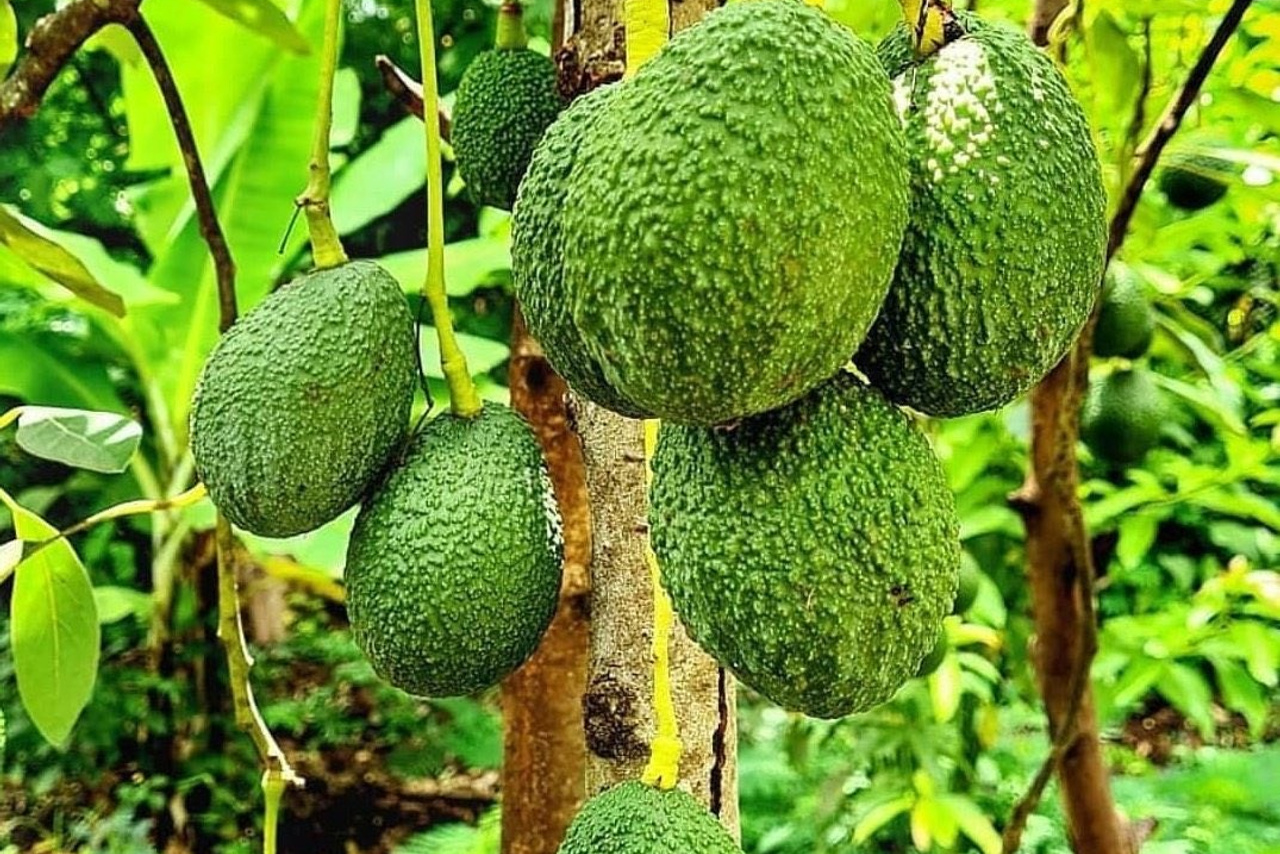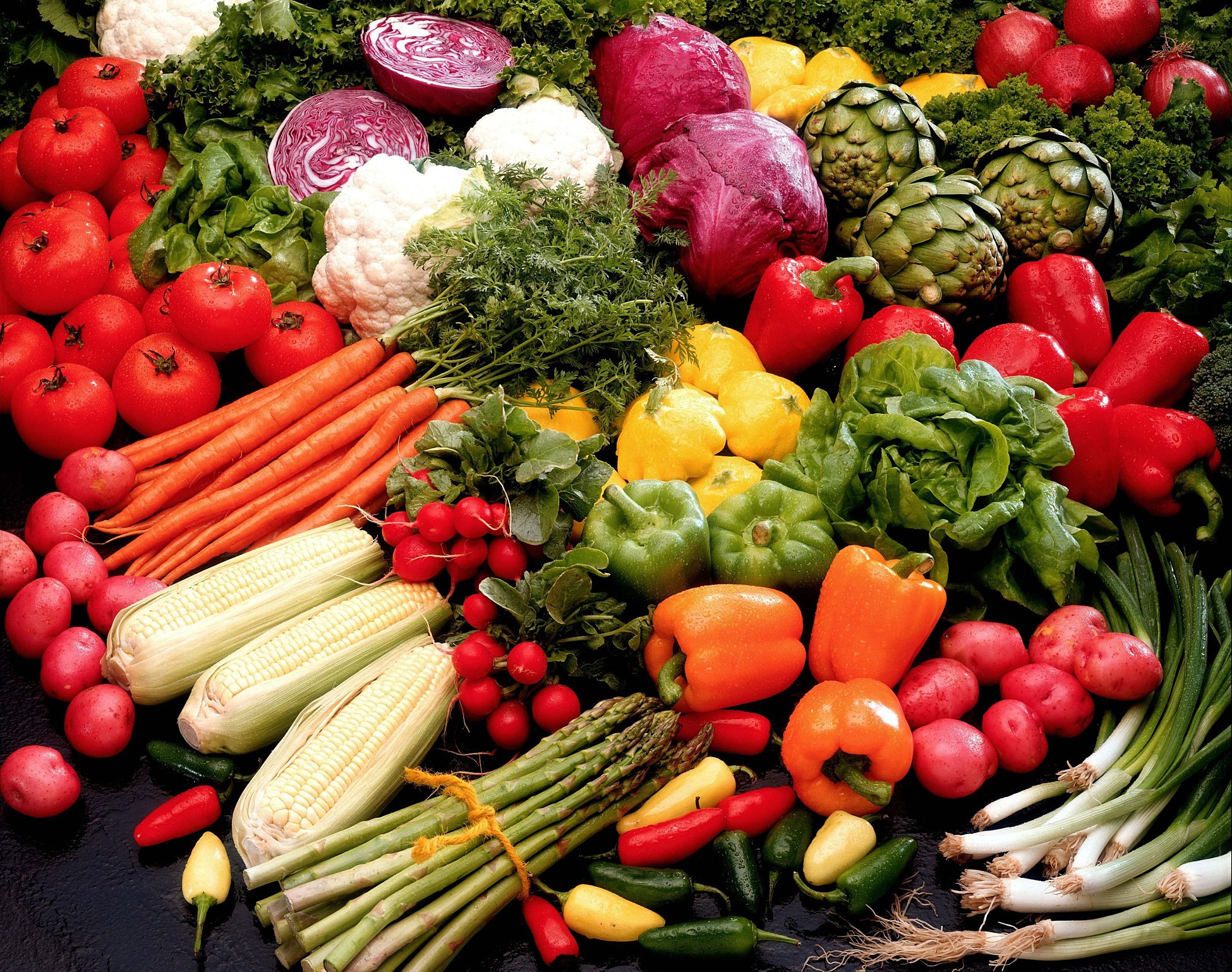
Introduction:
In Kenya, a diverse array of delicious and nutritious food is derived from plants.
From the fertile soils of this vibrant country, farmers cultivate a wide range of crops that not only sustain the population but also contribute to the economy. In recent years, there has been a growing movement towards organic farming and the use of organic fertilizers, promoting healthier food production and a sustainable future. In this article, we explore the bountiful food offerings from Kenyan plants and highlight the benefits of embracing organic fertilizers.
1. Maize (Corn):
Maize holds a significant position in the Kenyan diet.
It is a staple crop and a source of sustenance for many communities. By utilizing organic fertilizers, farmers can enhance the growth of maize, improving its nutritional value and overall yield. Organic fertilizers, such as Grow Peat, provide essential nutrients to the soil, ensuring healthier maize plants and higher-quality produce.
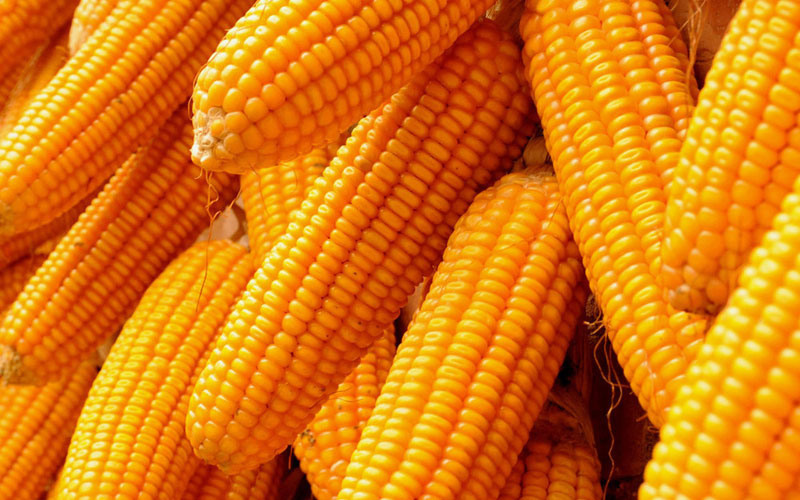
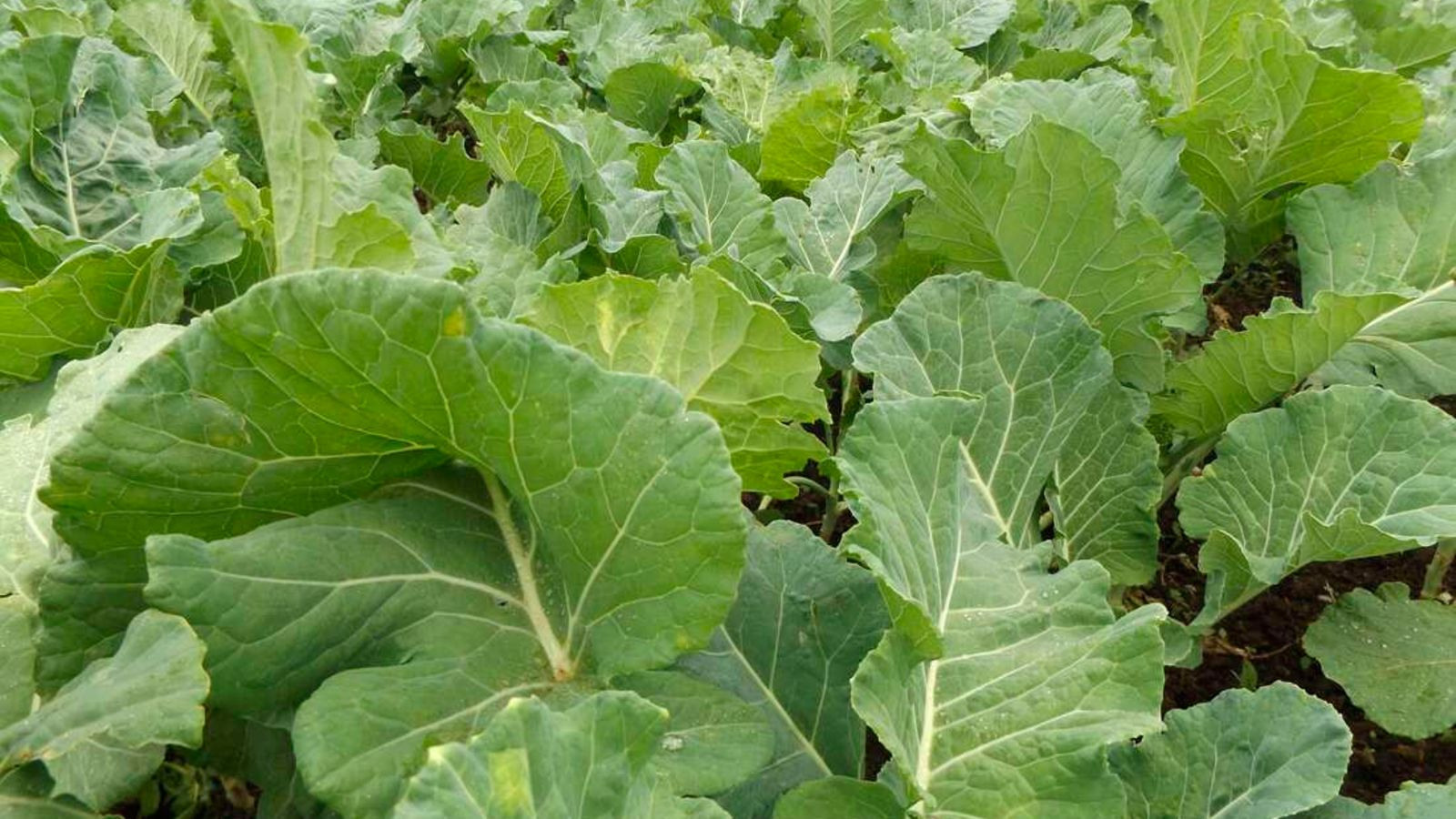
2. Sukuma Wiki (Kale):
Kale, known
locally as Sukuma Wiki, is a popular leafy green vegetable in Kenya.
It is packed with vitamins, minerals, and antioxidants. By adopting organic farming practices, farmers can cultivate kale without the use of harmful chemicals, preserving its natural flavors and nutritional content. Organic fertilizers enrich the soil, promoting robust growth, and contributing to the sustainability of kale farming.
3. Beans:
Beans are an excellent source of protein, fiber,
and other essential nutrients.
In Kenya, various types of beans, including red kidney beans, cowpeas, and pigeon peas, are cultivated. Organic farming methods prioritize the use of organic fertilizers to promote healthy bean plants, enriching the soil with natural nutrients and reducing the environmental impact of conventional farming practices.
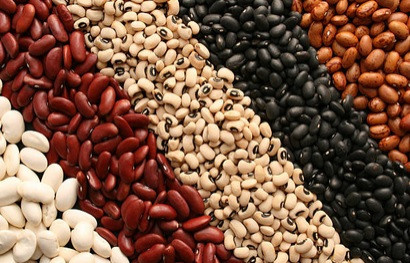
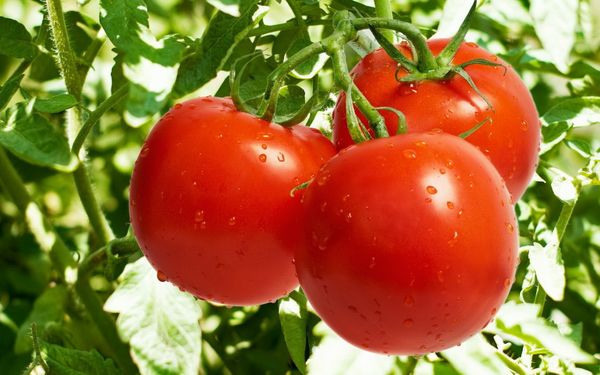
4. Tomatoes:
Tomatoes
are a versatile and widely used ingredient in Kenyan cuisine.
They are a good source of vitamins A and C, as well as antioxidants. Organic fertilizers support the growth of tomato plants, resulting in healthier vines and more flavorful fruits. By avoiding synthetic pesticides and fertilizers, organic tomato farming reduces the risk of chemical residues and promotes sustainable agricultural practices.
5. Cabbage:
Cabbage is another nutritious vegetable that thrives in Kenyan soils.
It is rich in vitamins K and C, fiber, and antioxidants. Through organic farming techniques and the use of organic fertilizers, cabbage farmers can produce vibrant and healthy heads of cabbage, free from harmful chemical residues. Organic cabbage farming contributes to a healthier food system and a cleaner environment.
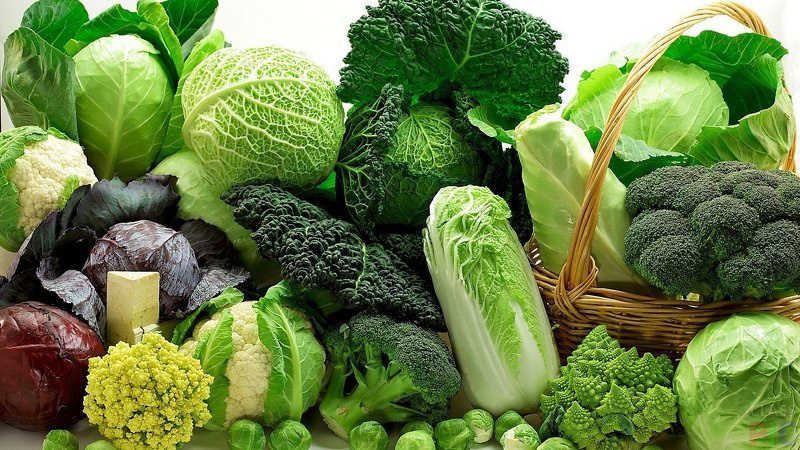
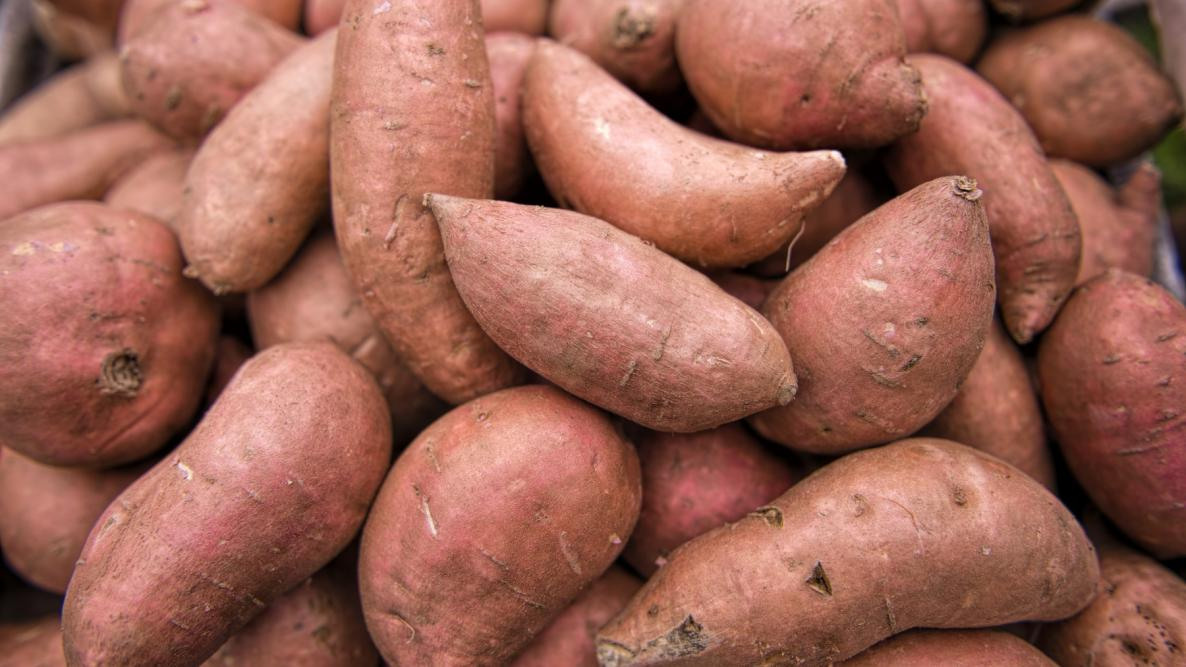
6. Sweet Potatoes:
Sweet
potatoes are a staple crop in Kenya,
packed with vitamins, minerals, and dietary fiber. By utilizing organic fertilizers, farmers can enhance the growth and nutritional content of sweet potatoes, ensuring a sustainable supply of this nutritious tuber. Organic farming methods promote soil health and biodiversity, leading to healthier and more flavorful sweet potatoes.
7. Spinach:
Spinach is a nutrient-dense leafy green vegetable,
known for its high iron and calcium content. Organic fertilizers provide the necessary nutrients for the vigorous growth of spinach, resulting in tender leaves and enhanced nutritional value. By choosing organic spinach, consumers can enjoy a chemical-free and environmentally friendly option.
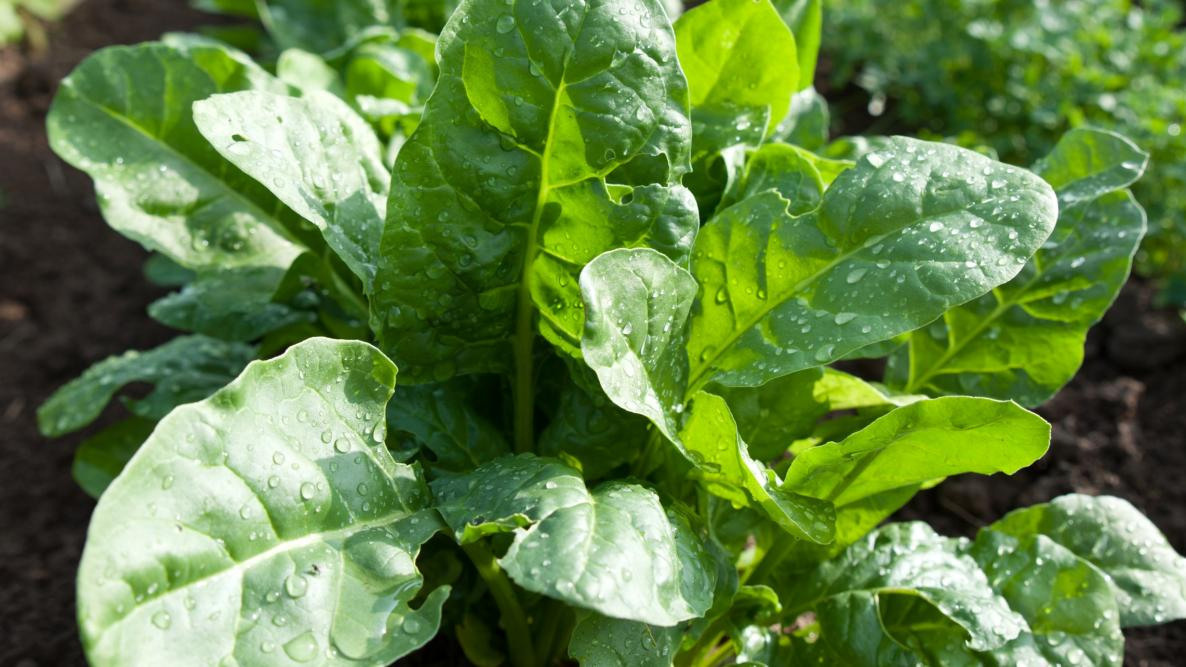
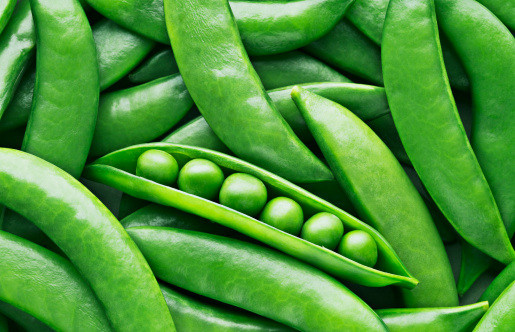
8. Peas:
Peas,
including snow peas and green peas, are popular legumes in Kenyan cuisine.
They are rich in protein, dietary fiber, and essential vitamins. Organic fertilizers support the growth of peas, promoting healthy plants and enhancing the flavor and nutritional value of the harvested pods. Organic pea farming contributes to sustainable agriculture and healthier food choices.
9. Coriander (Cilantro):
Coriander, also known as cilantro, is a popular herb used in Kenyan cooking.
It adds a fresh and vibrant flavor to dishes. By adopting organic farming practices and using organic fertilizers, coriander farmers can cultivate aromatic and high-quality herbs, free from harmful chemicals. Organic coriander farming ensures the availability of safe and flavorful herbs for consumers.
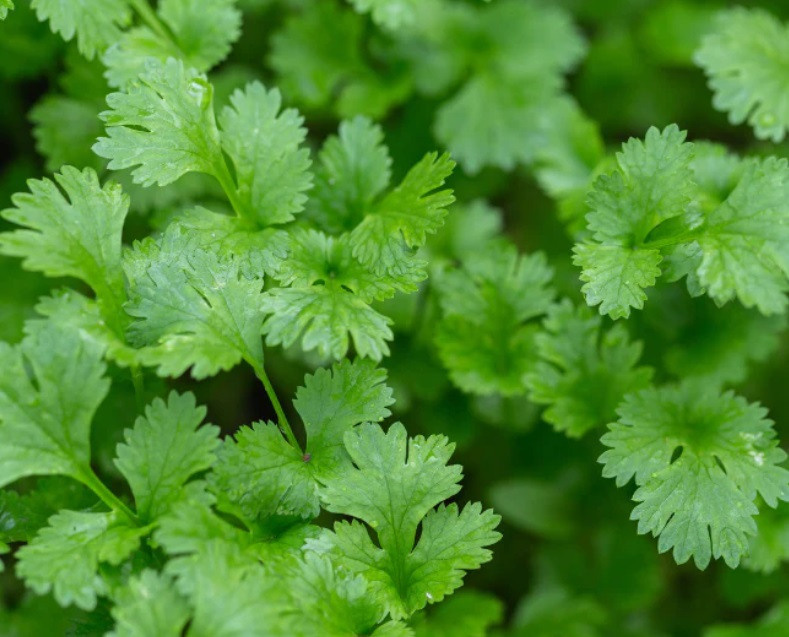
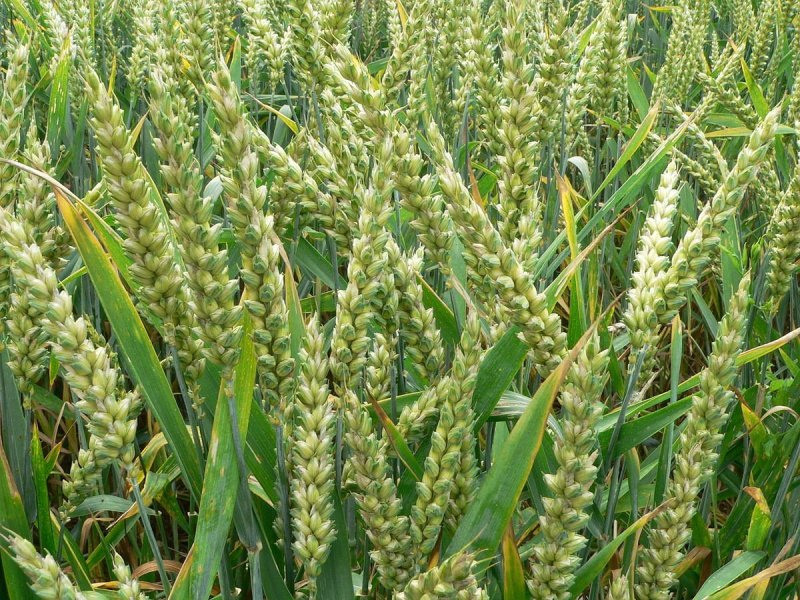
10. Wheat:
Wheat is an
essential cereal crop in Kenya,
used for making flour and various wheat-based products. By embracing organic farming methods and utilizing organic fertilizers, wheat farmers can promote soil fertility, reduce environmental impact, and produce healthier grains. Organic wheat farming contributes to sustainable agriculture and the production of nutritious wheat products.
Conclusion:
Kenya’s diverse plant-based food offerings provide sustenance, flavor, and nutrition to its population.
By embracing organic fertilizers and adopting sustainable farming practices, farmers can enhance the growth, quality, and nutritional value of these crops. Organic farming not only benefits the environment but also ensures the production of healthier, chemical-free food for consumers. Let us join hands in promoting the use of organic fertilizers like Grow Peat, supporting Kenyan farmers, and cultivating a sustainable future for our food system.
Farmer’s corner
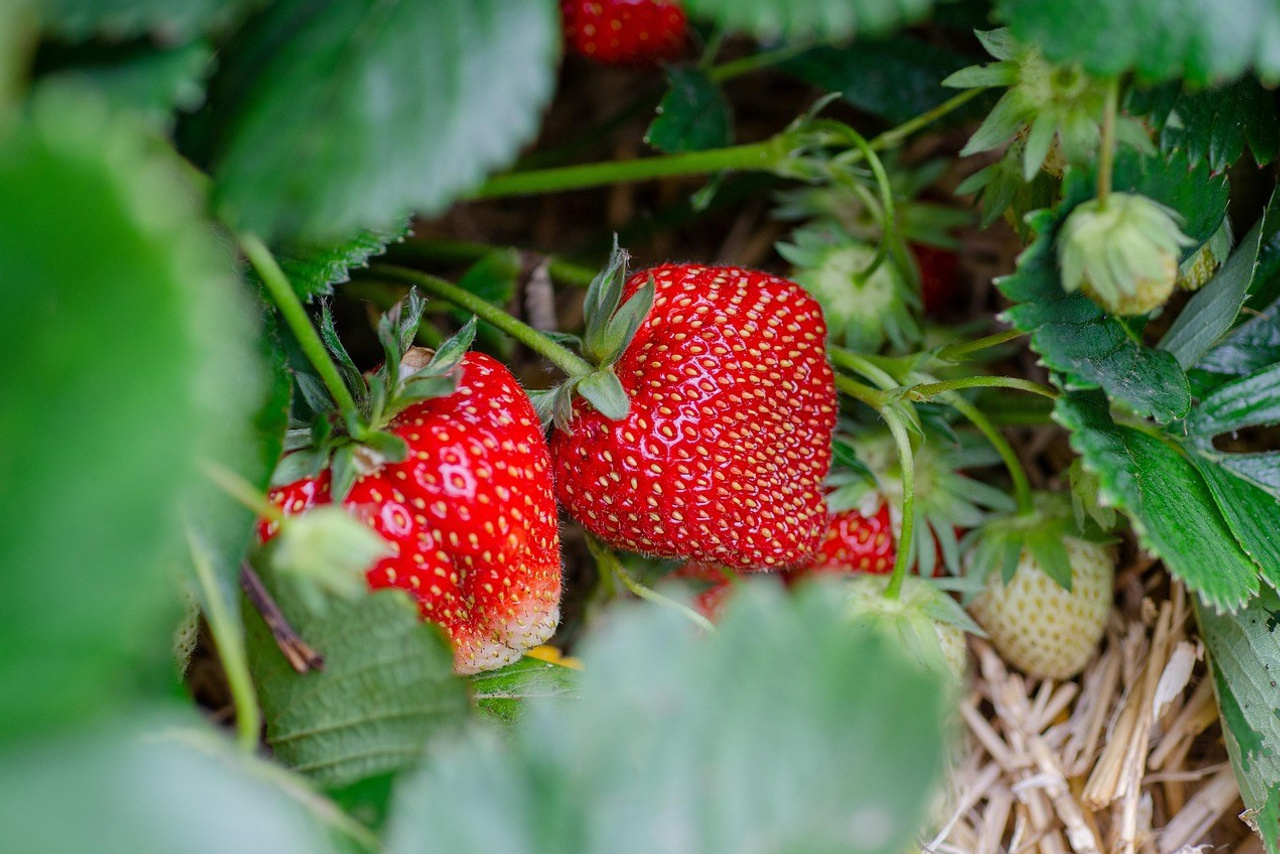
Grow Bigger, Sweeter Strawberries with Grow Peat Organic Fertilizer
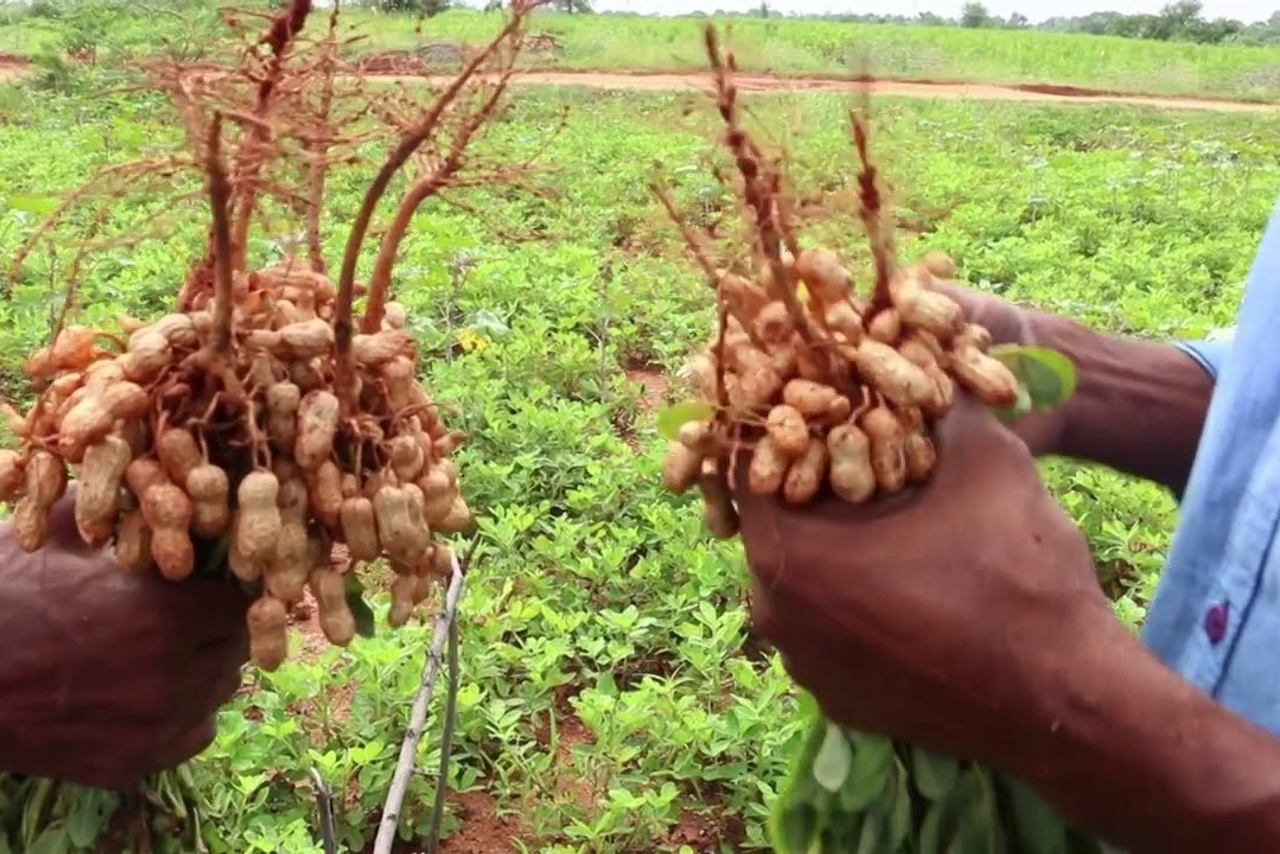
How Grow Peat Organic Fertilizer Increases Peanut Yield and Restores Soil Health

The Effectiveness of Grow Peat organic fertilizer (Potassium Humates) for Canola Cultivation
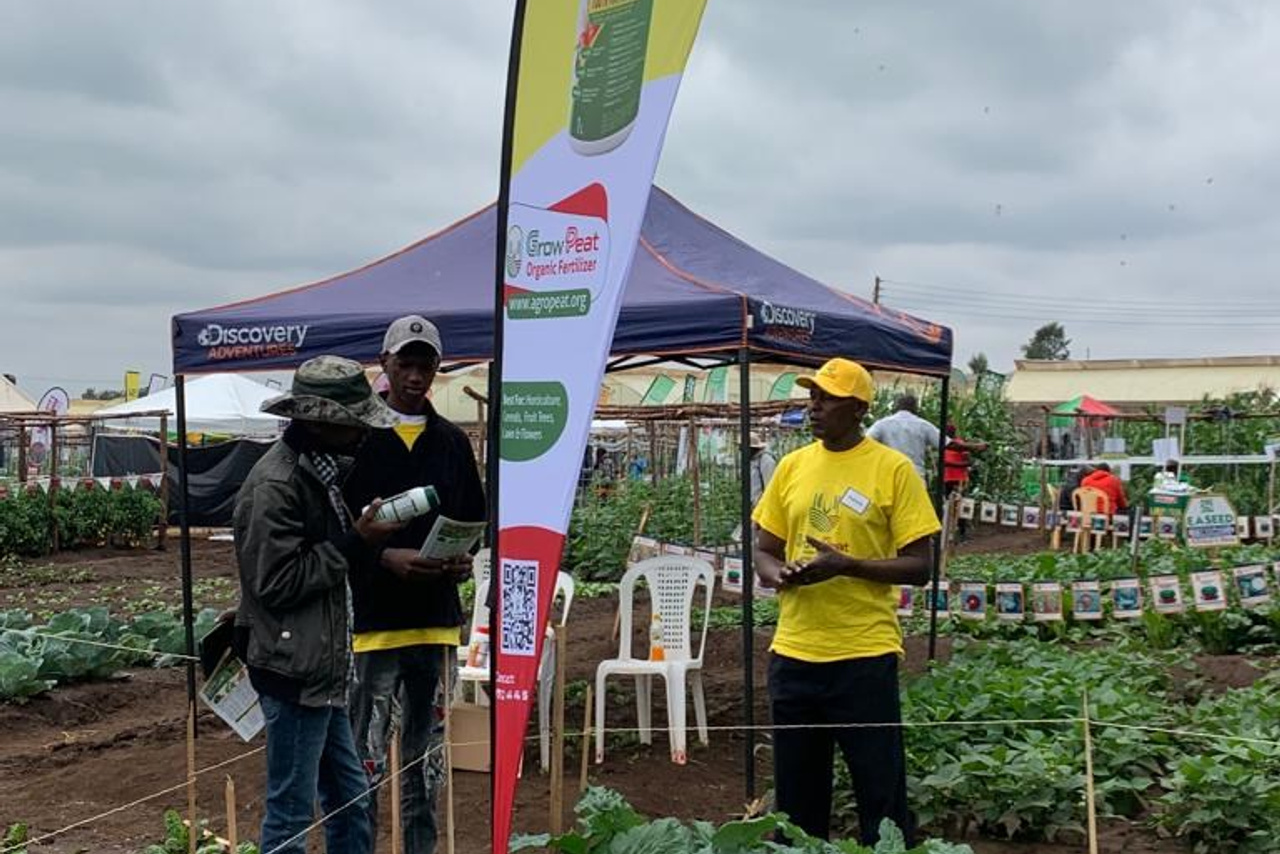
Organic fertilizers — Farmer’s trainings

Growth Stimulators for Garden flowers — Grow Peat (Potassium Humate)
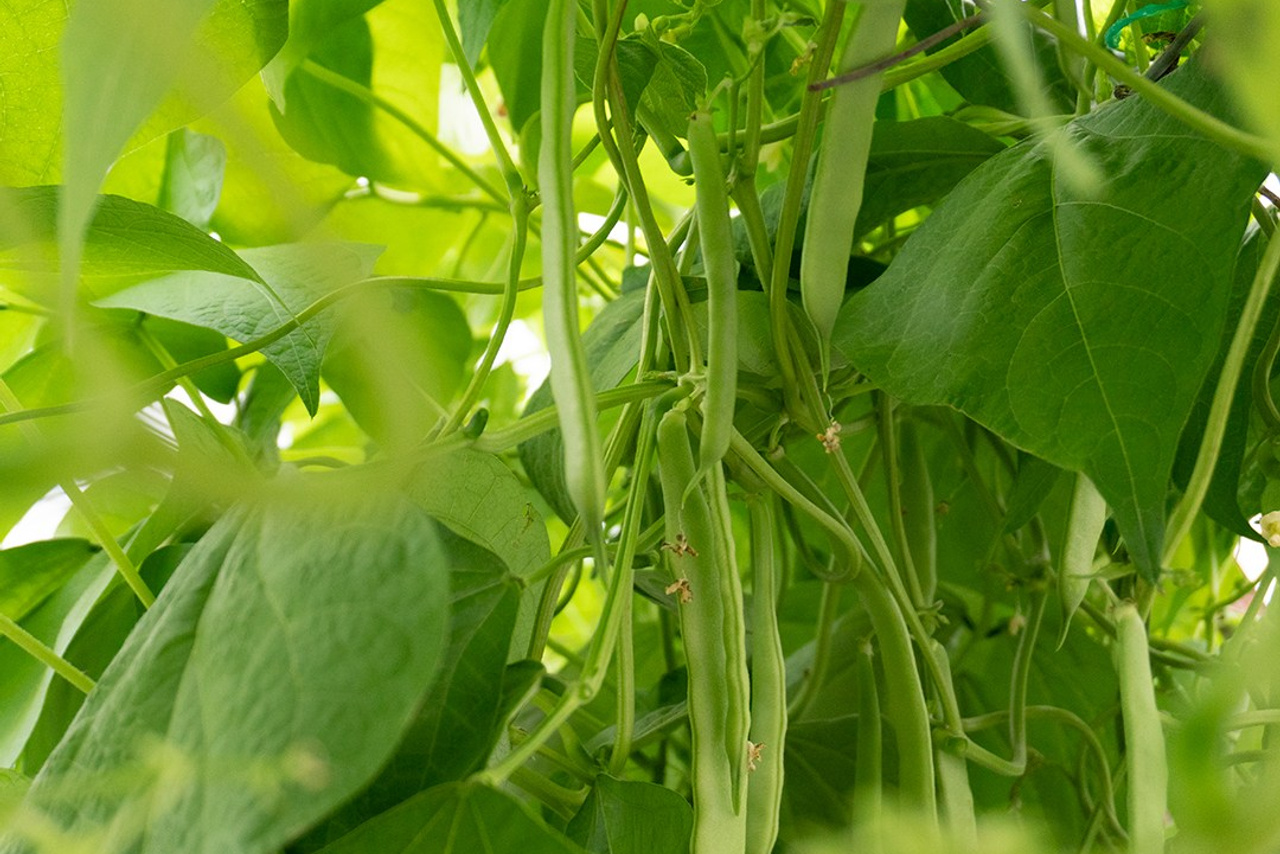
INFLUENCE OF Grow Peat ON GROWTH, YIELD AND CHEMICAL COMPOSITION OF FRENCH BEAN
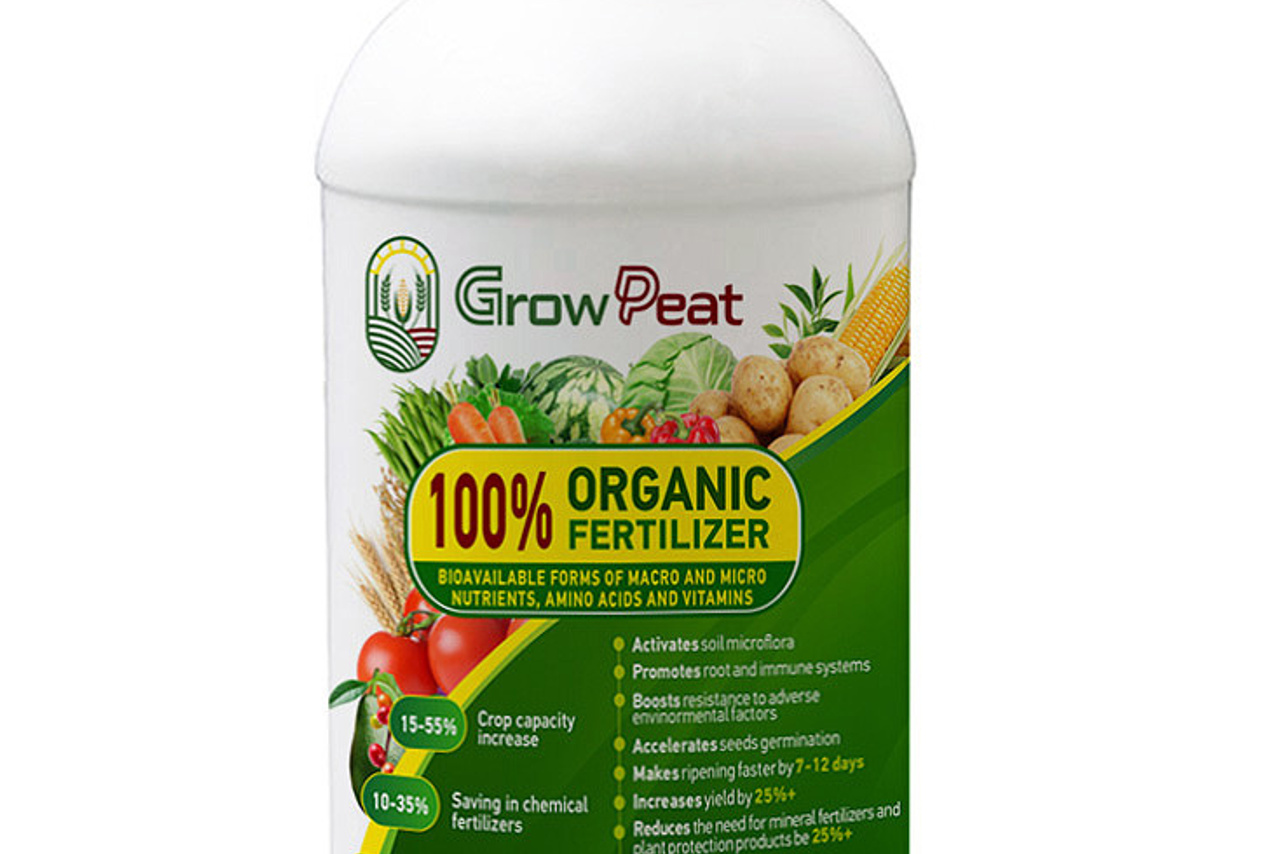
Growing Stronger with Nature: The Advantages of Organic Fertilizers for Farmers
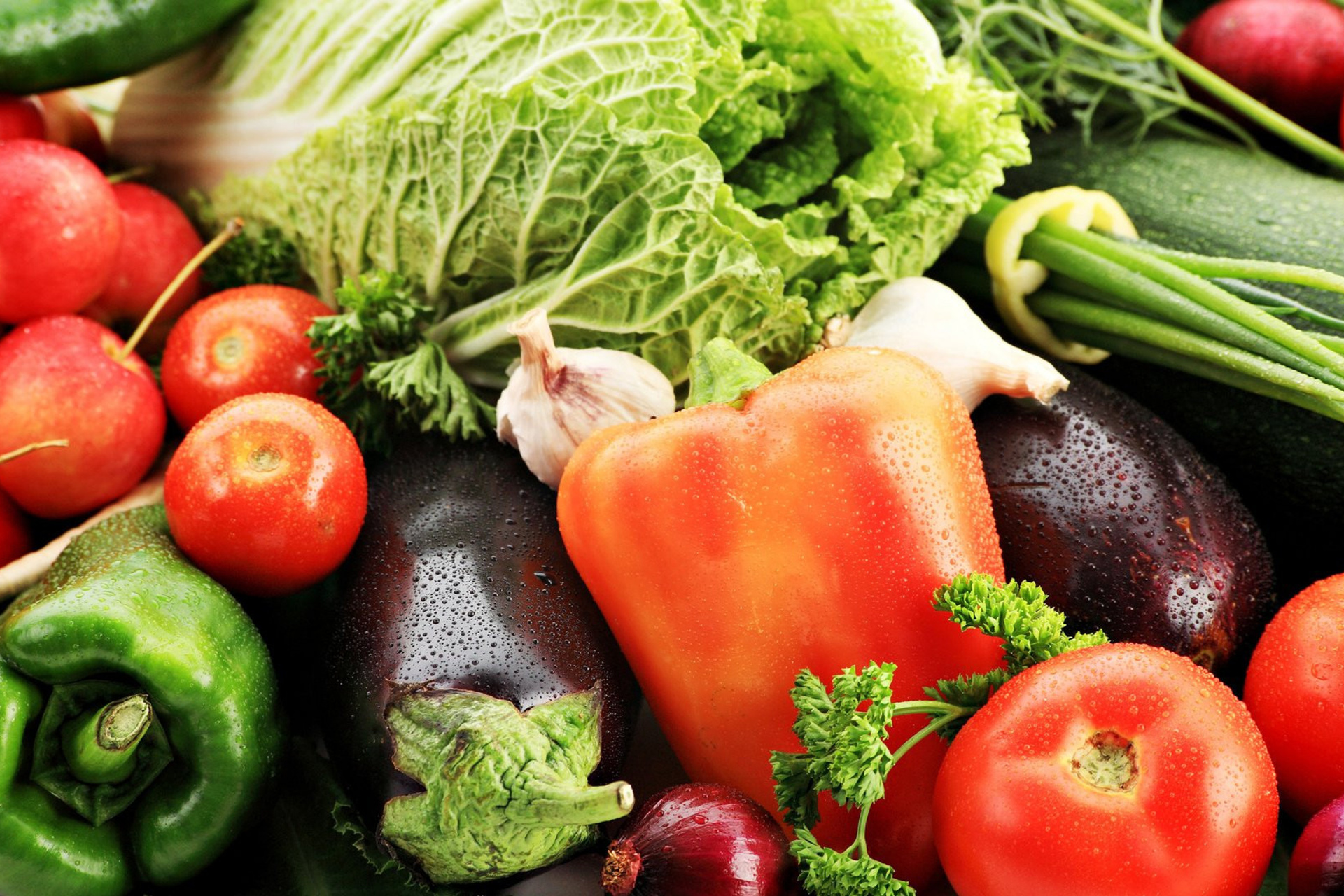
What is the secret and advantage of Humates, and what functions do they perform?


